Have you ever wondered what your cat does when you step out the door? For many cat owners, the idea that their feline friend might actually be missing them while they’re away is both touching and surprising. While cats often have a reputation for being independent and aloof, the truth is far more heartwarming. Beneath that mysterious gaze and cool demeanor, there might be a loyal companion eagerly awaiting your return. Let’s dive into the fascinating world of feline behavior and uncover the subtle—and not so subtle—signs that your cat is truly waiting for you to come back.
Unusual Waiting Spots by the Door
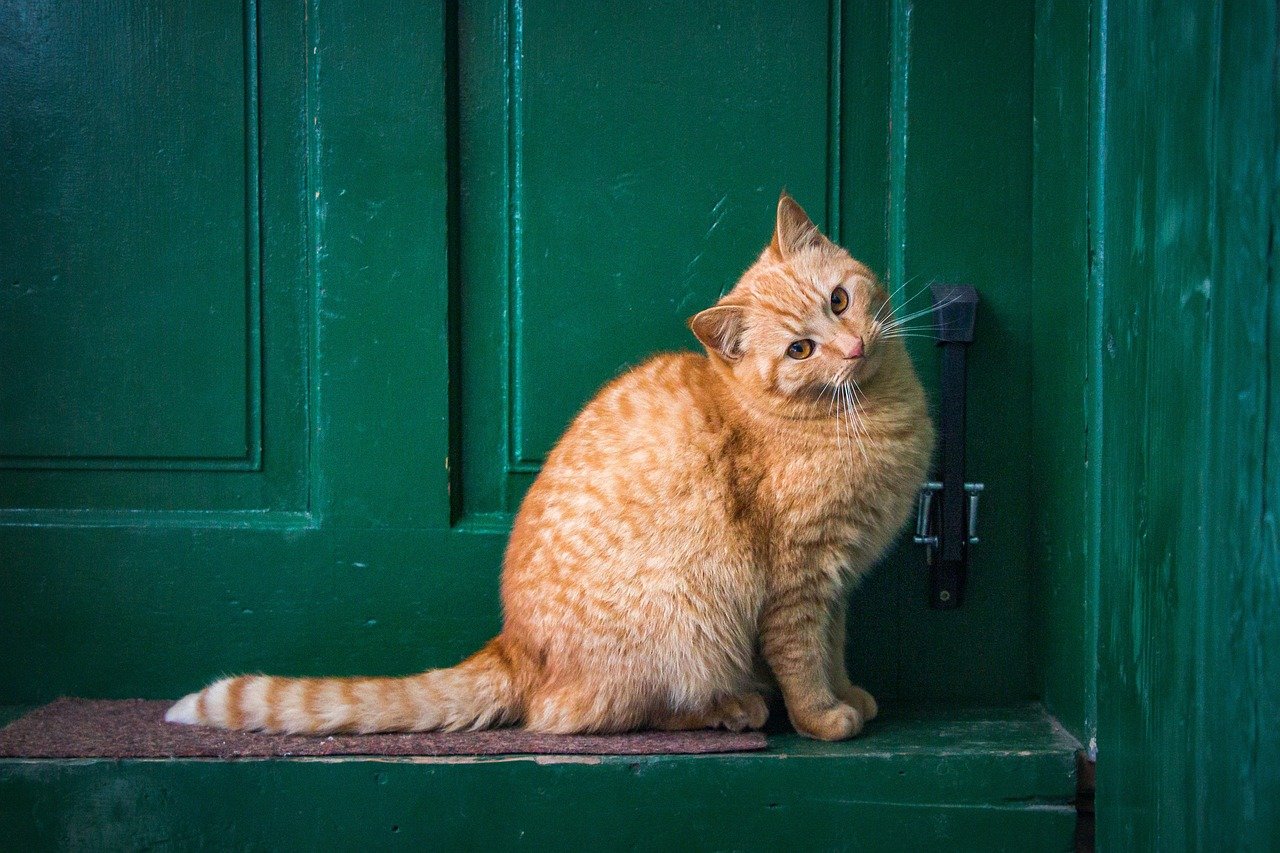
If you notice your cat frequently lounging near the front door or windowsill, it could be a big clue. Cats are creatures of habit, and if they consistently position themselves where they can spot your arrival, it shows anticipation. Some cats will even press their faces to the glass or curl up on a mat by the entrance, as if holding a silent vigil for your return. This behavior isn’t just coincidence—it’s a hopeful act. It’s their way of keeping a lookout, hoping to be the first to greet you. Even if you’re gone for hours, your cat’s patience is impressive. This spot becomes their little waiting station, a testament to the bond you share.
Excited Greetings When You Return
Does your cat rush to meet you at the door, tail held high and eyes bright? That’s a big sign they’ve been waiting. The excitement is hard to miss—some cats meow loudly, weave between your legs, or even roll over for belly rubs. This enthusiastic welcome is more than just routine. It’s a heartfelt reaction that says, “I missed you!” Even a normally shy or reserved cat can turn into a bundle of energy when you come home. Their eagerness to greet you is a clear indicator of the anticipation they’ve felt during your absence.
Meowing or Vocalizing Upon Your Arrival
A talkative cat isn’t just making noise. If your cat starts meowing, chirping, or even trilling as soon as you walk in, they’re telling you something important. This vocalization often means they’ve been waiting and are eager to communicate. Some cats have a special “welcome home” sound, reserved just for you. Their chattiness when you arrive is often louder or more insistent than usual, almost as if they’re giving you the rundown of everything you missed. It’s their way of expressing relief and happiness to see you again.
Following You Around the House
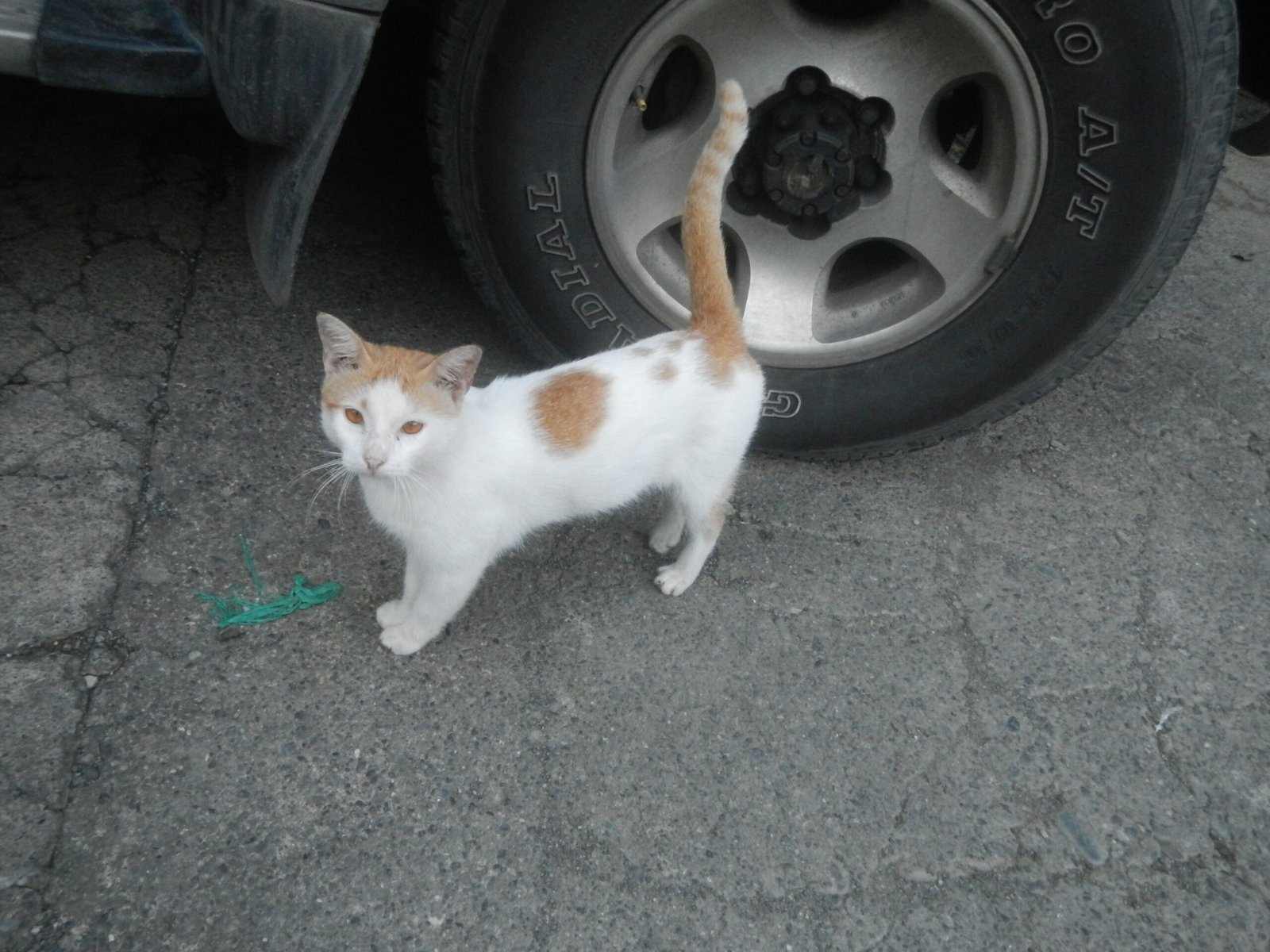
A cat that shadows your every move once you’re home likely missed your presence. This behavior is especially telling if your cat usually prefers solitude but suddenly becomes your shadow after you’ve been gone. They may follow you from room to room, hop up on counters to watch you, or simply settle nearby. This clinginess is their way of soaking in your company after a period of loneliness. It’s as if they’re making up for lost time, wanting to be as close to you as possible.
Bringing You “Gifts” After Absence
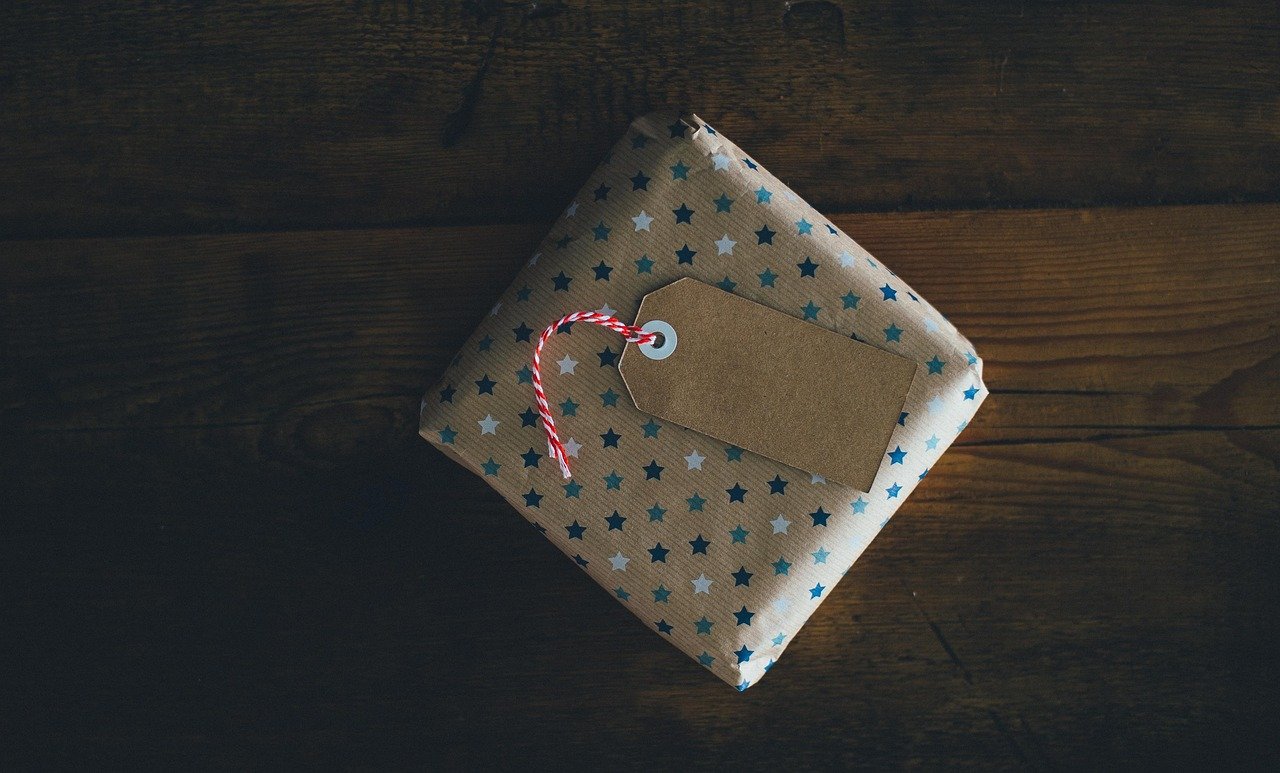
Cats are natural hunters, and when they bring you a toy—or sometimes a less welcome prize—it’s a sign of affection. If your cat deposits a favorite toy or object at your feet upon your return, they’re showing you they’ve been thinking about you. In their mind, this is a thoughtful gesture, a way of sharing something important with you. It’s their attempt to reconnect and say, “I missed you, and here’s something for us to enjoy together.” While it might not always be pleasant, it’s definitely a sign you were missed.
Restless or Anxious Behavior Before You Leave
Many cats can sense when you’re about to head out. If your cat becomes fidgety, vocal, or tries to block your path as you prepare to leave, it’s a sign of attachment. They may paw at your bag, sit on your shoes, or weave between your legs, as if trying to delay your departure. This anxious anticipation often means they’re dreading your absence and will be waiting for your return. Their awareness of your routines and reactions to your preparations show just how in tune they are with your schedule.
Observing or Waiting at the Window
Cats love high vantage points, and if your cat picks a window with a view of your usual route home, that’s no accident. They might spend long stretches perched on a windowsill, watching the world go by. Their eyes light up when they spot you approaching, sometimes even tapping the glass or vocalizing in excitement. This watchful behavior is a strong indicator that your return is a highlight of their day. To them, you are the most important thing passing by that window.
Sleeping in Your Clothes or Personal Items
If you find your cat curled up on your sweater, shoes, or even your empty suitcase, it’s not just about comfort. Cats are drawn to your scent, which lingers on your belongings. Sleeping on your things is a way for them to feel close to you while you’re away. Your smell provides them with reassurance and a sense of security. This tender habit speaks volumes about your importance in their world, making your absence a bit more bearable.
Changes in Eating Habits
Some cats will eat less or skip meals when their favorite human is gone. If you notice untouched food or a drop in appetite during your absence, it could be a subtle sign of longing. This isn’t just about pickiness—it can be an emotional response. Cats thrive on routine and your presence is a big part of theirs. When you’re not around, they may feel unsettled, and it can affect their eating habits. Their mood often improves and appetite returns once you’re home.
Increased Affection or Cuddling After You Return
A cat that seeks extra cuddles or attention after you’ve been away is showing clear signs of missing you. They may nuzzle, knead, or curl up on your lap more than usual. This affectionate behavior is their way of reconnecting and reestablishing your bond. It’s like a warm hug from your feline friend. They’re not just being cute—they’re letting you know just how much your presence means to them.
Purring Loudly When You Come Back
Purring is a cat’s way of expressing contentment and happiness. If your cat greets you with a loud, rumbling purr, it’s a sure sign they’re overjoyed to see you. This isn’t the same as the soft purr they might offer during a lazy afternoon. It’s a deep, vibrant sound that fills the room, letting you know you were missed. Their purr acts as a melodic welcome home, a sweet reward for your return.
Displaying Playful Energy After Your Return
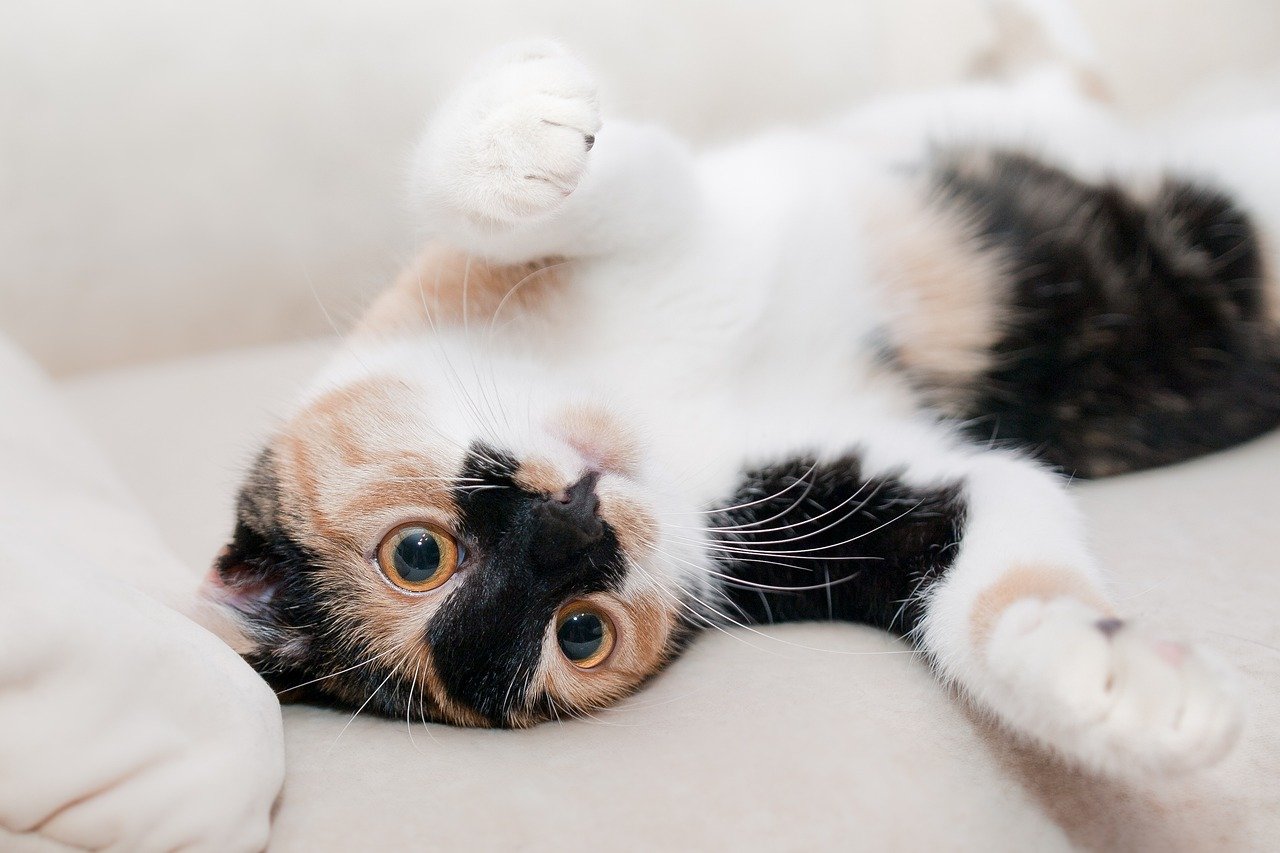
Have you noticed your cat suddenly bursting with playful energy when you walk in? This isn’t just coincidence. After hours of solitude, your cat may be bursting with pent-up excitement. They might dash around, chase toys, or engage you in a game of fetch. Their playful antics are a joyful expression of relief and happiness. It’s their way of celebrating your return and inviting you to join in the fun.
Checking Your Usual Spots
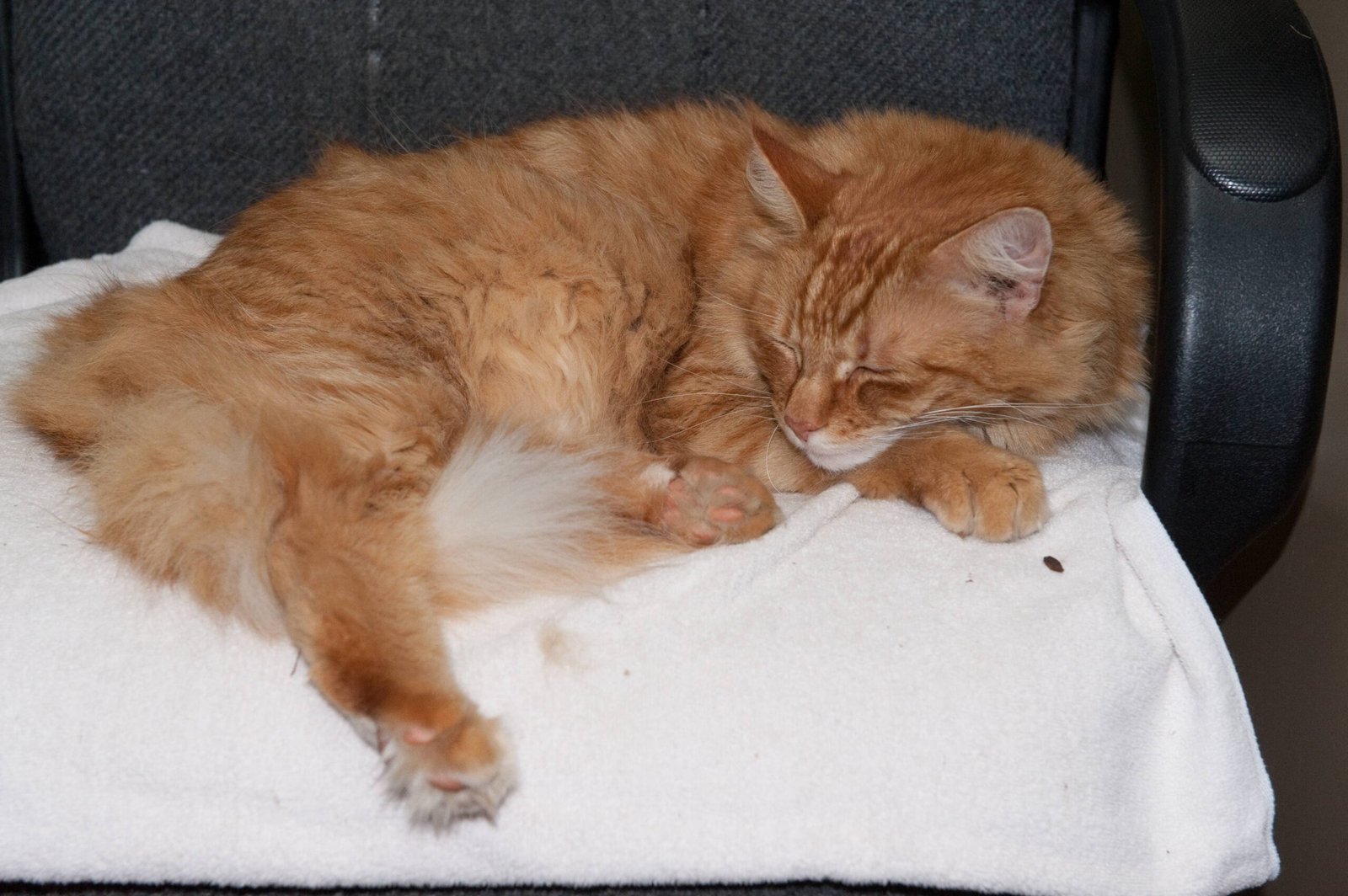
When you’re gone, does your cat search for you in your favorite chairs, the bed, or even the bathroom? Cats are clever and know your routines. If they make a habit of looking for you in your usual places, it means they’re anticipating your return. Sometimes, they’ll wait in those spots, hoping you’ll appear. This behavior is both touching and a little bit heartbreaking, showing just how much your presence shapes their day.
Vocalizing or Acting Out When You Prepare to Leave
Some cats become noticeably more vocal or even mischievous when you’re about to leave. They might meow loudly, knock things over, or act extra clingy. This is their way of expressing displeasure or anxiety about your impending absence. It’s an emotional reaction that speaks volumes about their attachment. Their antics might be frustrating, but at the heart of it, they’re just trying to keep you around a little longer.
Watching the Clock—Routine Awareness
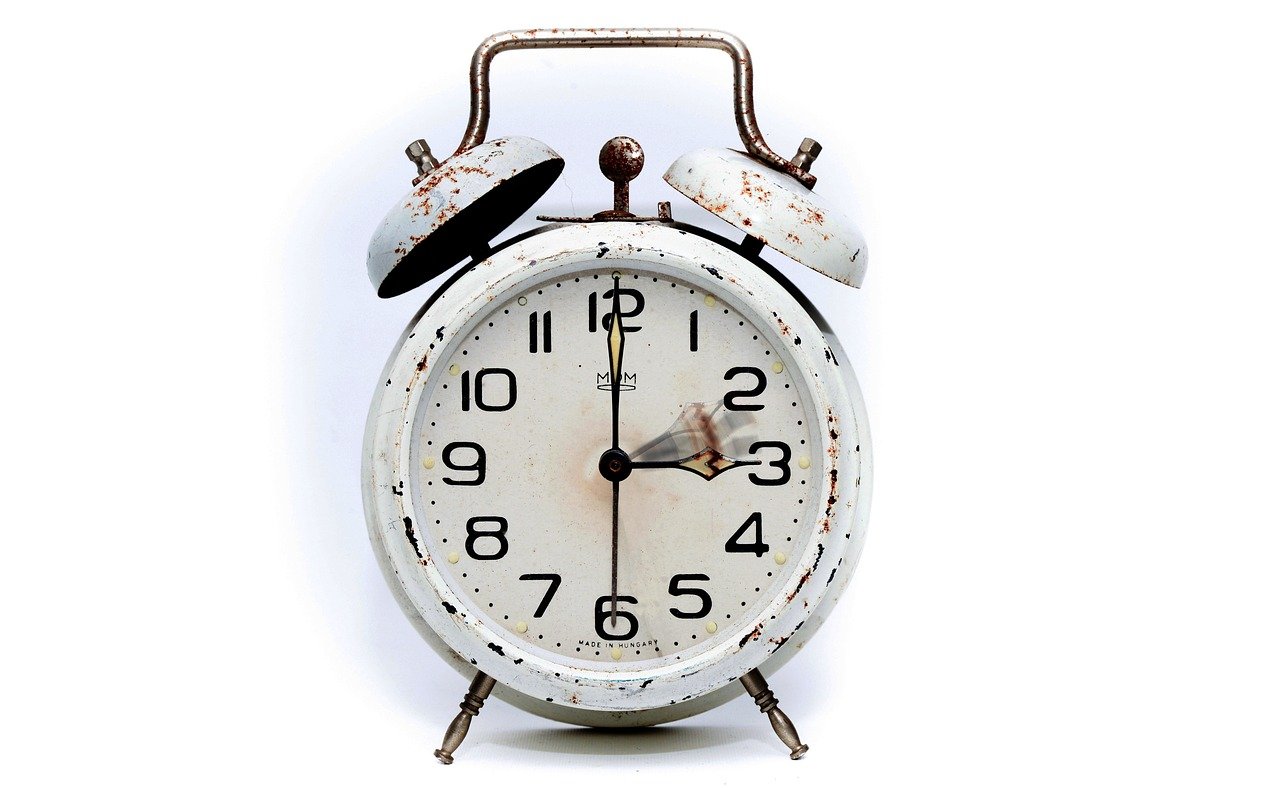
Cats are surprisingly observant and often develop a keen sense of your daily schedule. If your cat seems to expect you at a certain time, waiting patiently as the clock ticks toward your usual arrival, it’s a sign they’ve noticed your patterns. They may start getting restless or excited as the hour approaches. This uncanny sense of time is their way of preparing for your return, a daily ritual rooted in habit and hope.
Subtle Signs of Loneliness
Loneliness in cats can manifest in subtle ways. You might notice your cat sleeping more, grooming excessively, or seeming generally listless when you’re away. These small changes in behavior can be signs that your absence is felt deeply. It’s important not to overlook these gentle hints. They’re silent messages that your companionship is valued more than you might realize.
Seeking Out Your Scent
Cats have an exceptional sense of smell, and your scent is a comfort to them. If you notice your cat sniffing your clothes, pillow, or even your shoes, it’s a sign they’re seeking a piece of you when you’re gone. This behavior is their way of staying connected. By surrounding themselves with your scent, they make your absence feel a little less lonely. It’s a simple but powerful expression of their attachment.
Clingy Behavior Before Bedtime After Your Return
After you return home, does your cat insist on snuggling close at bedtime? This clinginess, especially at night, is a strong sign your cat missed you during the day. They may curl up extra tight, purr louder, or even follow you to bed. Bedtime is a vulnerable moment for cats, and their desire for closeness is a sure sign that your presence brings them comfort and peace. It’s their way of saying, “I feel safe now that you’re here.”
Bringing Out Favorite Toys When You Arrive
Some cats will drag out their most beloved toys as soon as you walk in the door. This isn’t just playfulness—it’s an invitation. They want to share their favorite things with you, engaging you in their world. This behavior signals excitement and anticipation, as if they’ve been waiting to play until you returned. It’s their way of rekindling the fun and joy that only you can provide.
Extra Grooming Sessions in Your Presence
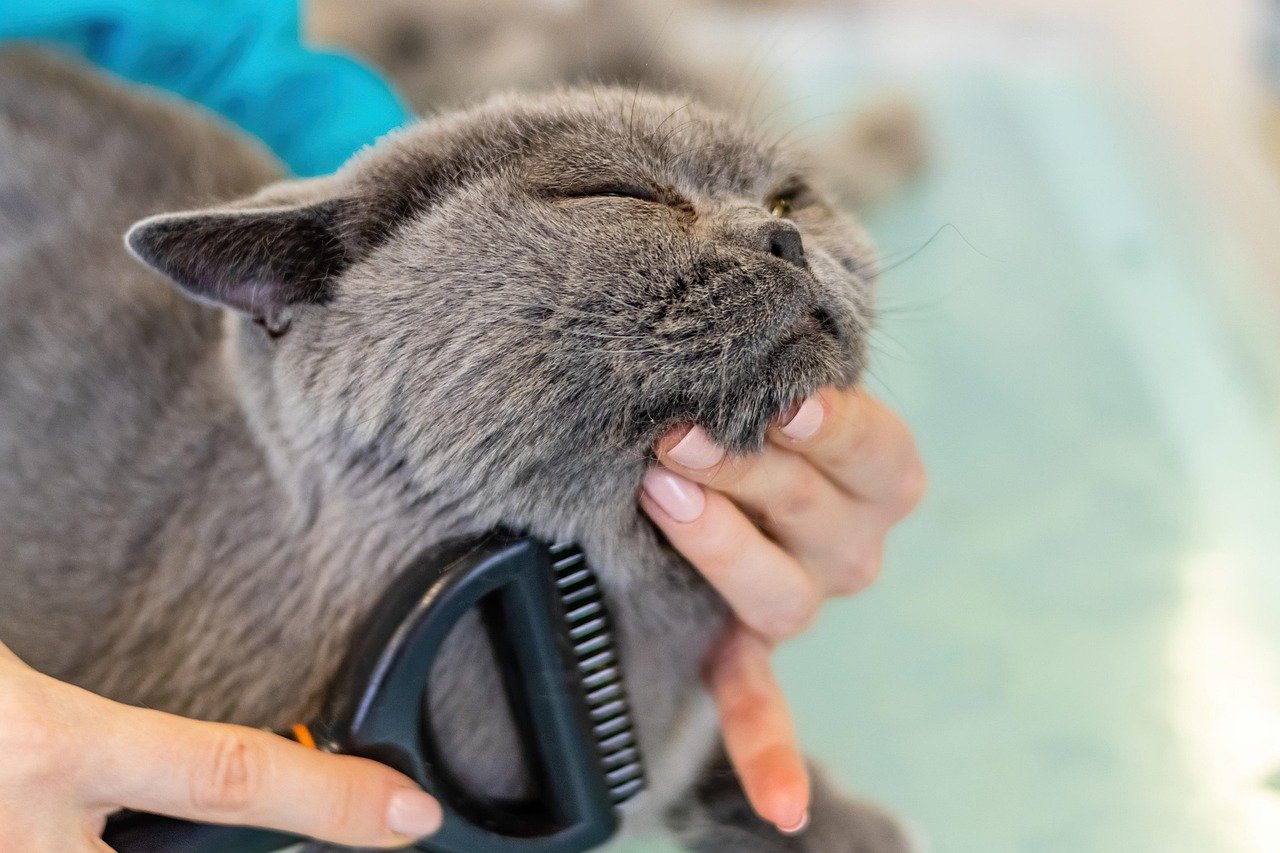
Grooming is a sign of relaxation and trust in cats. If your cat starts grooming themselves more when you’re around, particularly after you’ve been away, it’s a strong indicator of comfort. Your presence soothes them, allowing them to relax fully. This behavior can also mean they’re trying to “look their best” for you, a subtle but sweet way of showing they care. It’s a quiet compliment, revealing just how much your return means to them.
Rapid Mood Change from Lonely to Joyful
One of the most heartwarming signs is the dramatic shift in your cat’s mood the moment you walk in. A cat that seemed downcast or withdrawn can suddenly light up with energy, affection, and playfulness. This rapid transformation is the ultimate proof that your presence brings them happiness. Their world is simply brighter when you’re around, and they don’t hide it. It’s a moving reminder of the deep bond you share.
Hi, I’m Bola, a passionate writer and creative strategist with a knack for crafting compelling content that educates, inspires, and connects. Over the years, I’ve honed my skills across various writing fields, including content creation, copywriting, online course development, and video scriptwriting.
When I’m not at my desk, you’ll find me exploring new ideas, reading books, or brainstorming creative ways to solve challenges. I believe that words have the power to transform, and I’m here to help you leverage that power for success.
Thanks for stopping by, Keep coming to this website to checkout new articles form me. You’d always love it!






